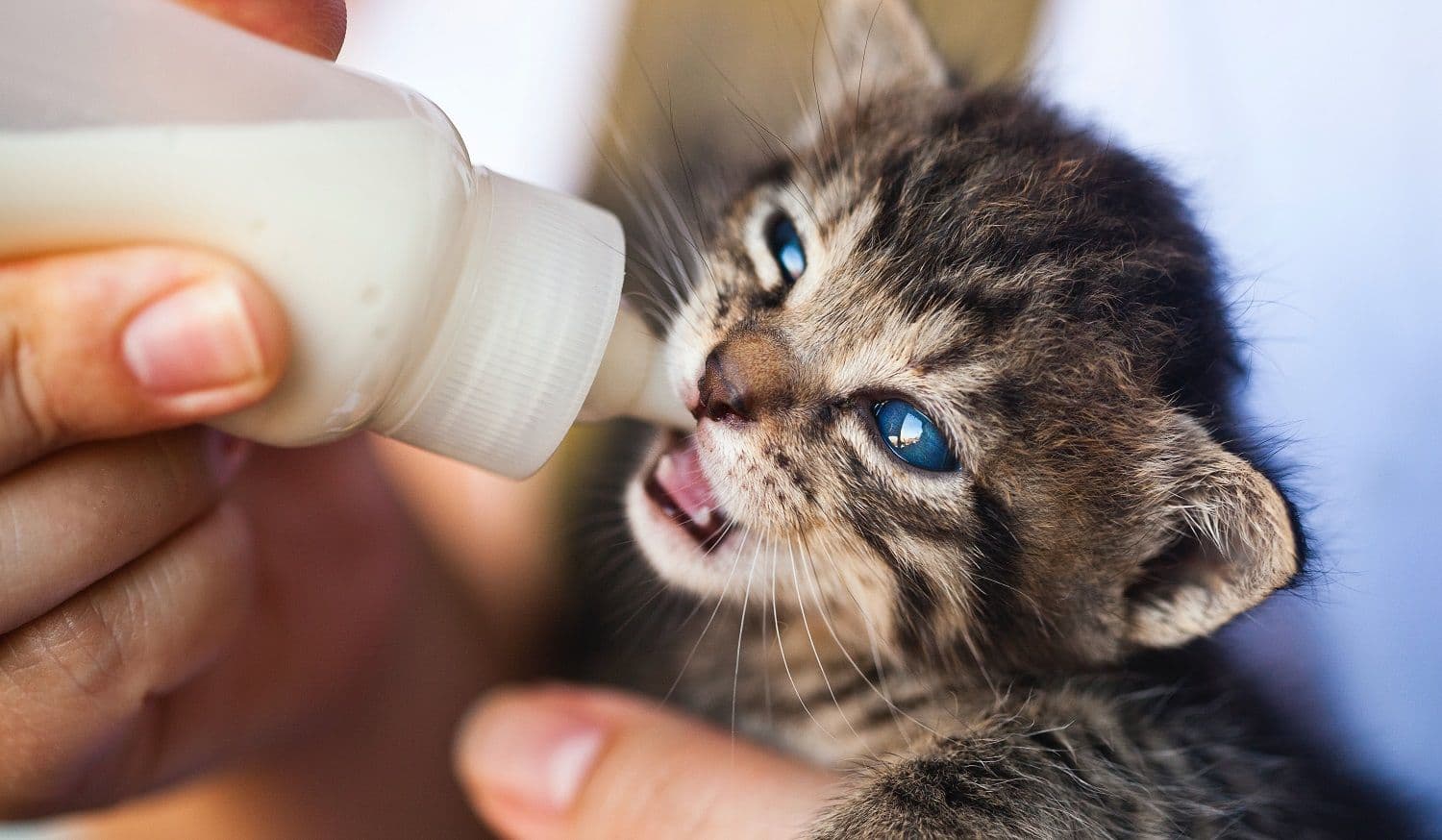The Myth of Cats and Milk
Many people believe that milk is good for cats, but the reality is that this is a myth. Milk is not the healthiest drink for felines and can cause a number of ailments, including an upset stomach, cramps, and severe diarrhea. A vast majority of cats are lactose intolerant and become dehydrated when fed cow's milk.
Understanding Cats and Milk
At birth, kittens only consume their mother's milk until they are weaned at four weeks of age. This milk is vital for their development due to the proteins it contains. However, many cats lose the ability to process milk after weaning.
Cow's milk contains lactose, which requires a certain enzyme (lactase) to break it down properly. Cats lack this enzyme, causing lactose to pass through their system intact. Additionally, milk contains more fat than cats are recommended to have in their diet, and the sugar content of lactose means they will consume a large number of calories.
Not all cats develop lactose intolerance; some can drink milk occasionally without issue. However, even if your cat does not have this intolerance, it is not recommended to give it milk too frequently due to the difficulty in digesting lactose.
Lactose-Free Milk for Cats
Yes, your cat can drink lactose-free milk, as it is easier to digest and less likely to cause digestive problems. If you want to give your cat milk, consider lactose-free milk, but monitor its effects on your cat's digestion.
Lactose-Free Milk Options
-
Almond Milk: Lacking the lactose found in cow's milk, almond milk is a viable option. It contains a high level of protein but should be supplemented by a balanced diet. Be aware that many brands of almond milk contain preservatives, sugar, artificial sweeteners, and other flavorings that are not good for their health.
-
Rice Milk: Another alternative is rice milk, which is often given to cats by their owners. However, it contains a large amount of sugar that can affect your cat's health. If given, it should be as a treat and in moderation.
-
Coconut Milk: Coconut milk (and coconut oil) are sometimes given to cats as a treat. However, like other milks on this list, coconut milk should not be given in anything other than moderation due to its high fat content.
-
Soy Milk: Avoid giving processed soy milk to your cat. It contains many other ingredients and hormones that can have unpleasant side effects, such as protoestrogen, which can cause conditions like hyperthyroidism.
For more information, talk to one of our Pet Experts and get customized advice by submitting a request in our Mavyn website.
